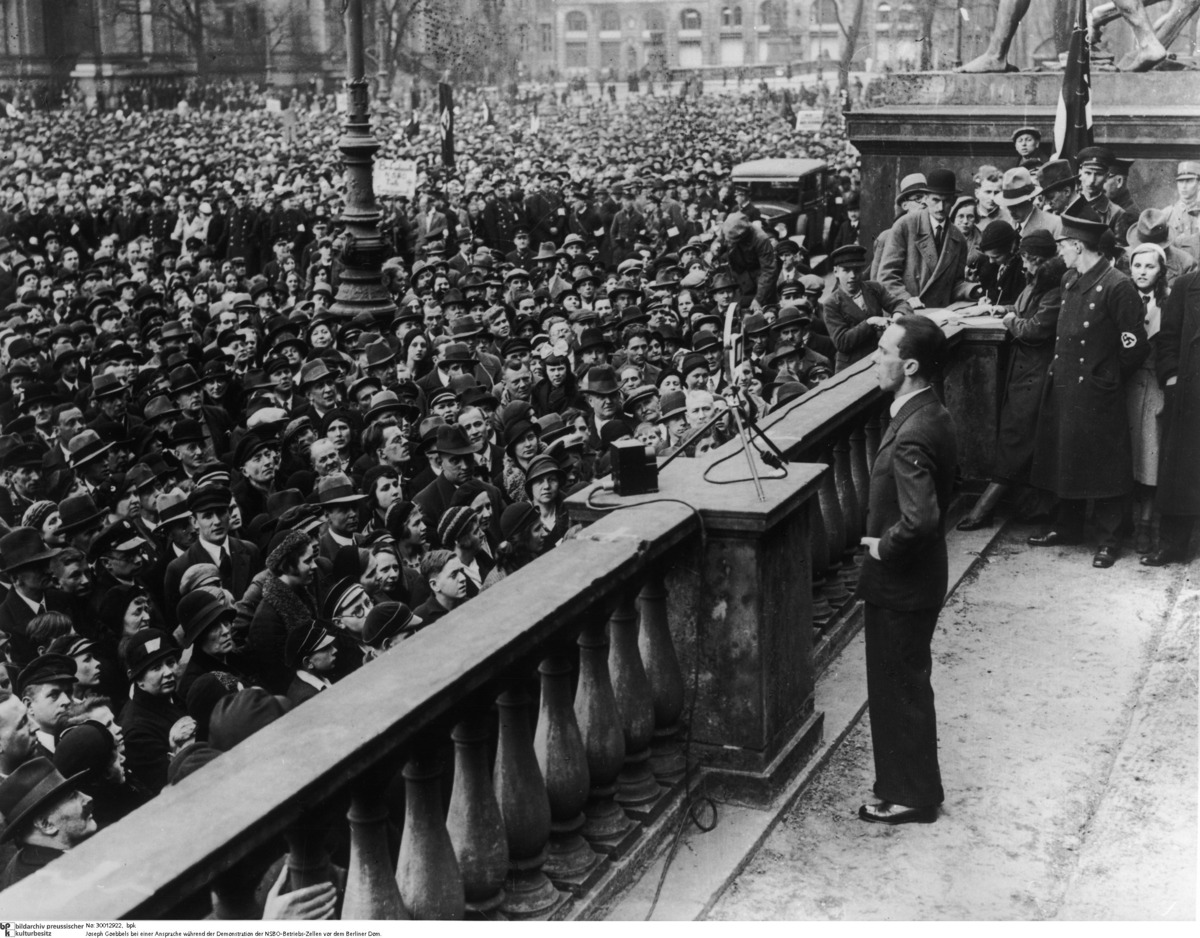Abstract
In the Nazi worldview, “international Jewry” was the most dangerous
racial enemy of the German people. Jews were supposedly responsible for
the biological degeneration of the nation and for all the country’s
crises and grievances. Before Hitler seized power, views informed by
this sort of racist antisemitism, Social Darwinism, and paranoia were
the exception rather than the rule among the general population. For
this reason, NSDAP election campaigns and propaganda initiatives during
the late 1920s and early 1930s focused mainly on Germany’s economic and
national problems and put the party’s hatred for Jews on the back
burner. This changed after the Nazi takeover. The nationwide boycott of
Jewish shops and businesses on April 1, 1933, was one of the earliest
signs that state-directed antisemitism would be part of the new regime’s
official policy. On March 28, Hitler had told the NSDAP and the SA to
prepare for this operation. His cabinet endorsed the measure the next
day. Berlin was the main showplace for the Nazi boycott: SA men painted
antisemitic slogans on building facades and planted themselves in front
of Jewish shops, aiming to intimidate. Additionally, workers and members
of the Hitler Youth staged mass demonstrations in the capital to protest
the alleged smear campaign being carried out against the regime in the
“international Jewish press.” In his diary, Goebbels described the day
as a great moral triumph for the German people in its efforts to resist
Jewish exploitation and slander.
